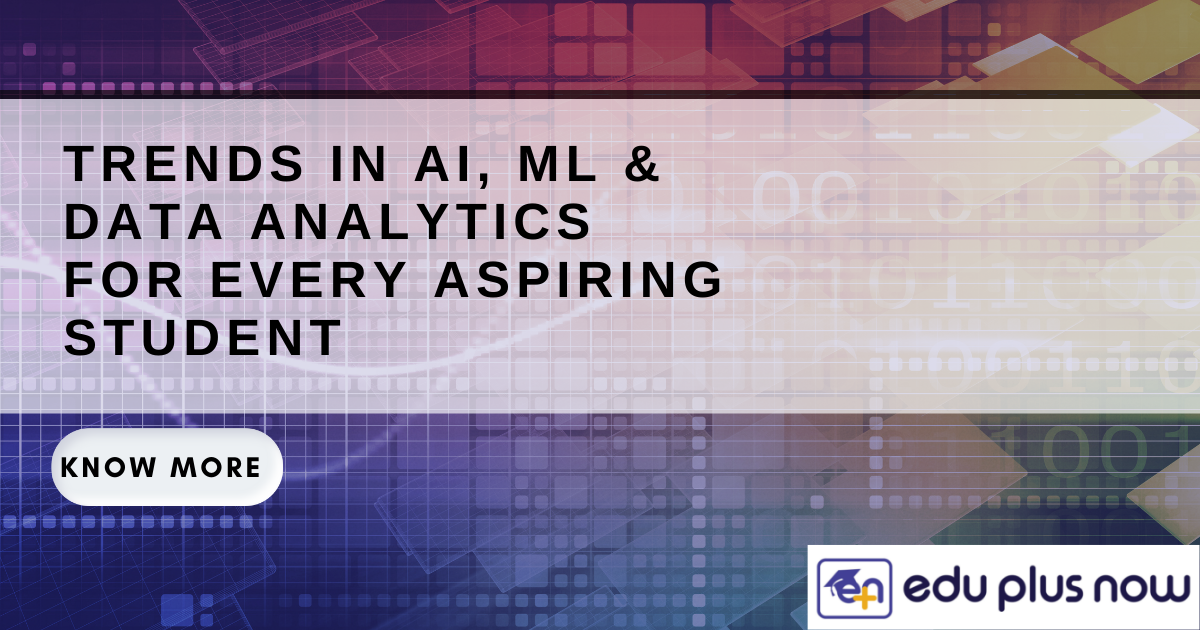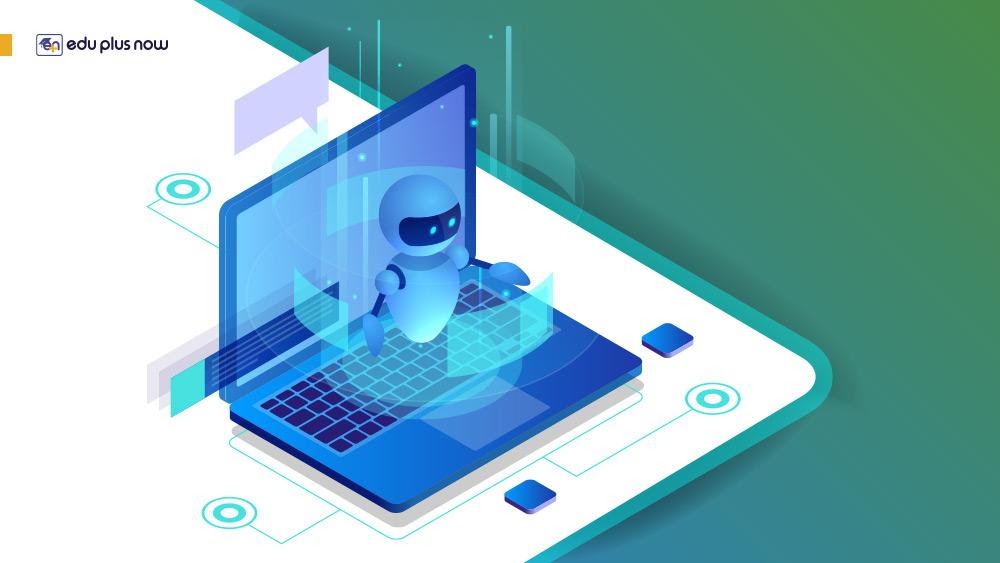
January 14 ,2022
7 Trends in AI, ML & Data Analytics for Every Aspiring Student to Know
Data analytics is a complicated field as it is both science and art. Therefore, a competent data analytics professional's knowledge and experience are required to evaluate this critical data successfully. Enrolling in an online data analytics course will provide you with the information and abilities you need to excel in this expanding sector.
Data analytics is a broad phrase that incorporates various data analysis techniques. Data analytics techniques may be used to get information to gain insight that can be utilized to improve things. If you're new to data analytics, it's a good idea to start with a simple course that covers the basics.
However, suppose you already have experience or are ready to embark on some of their more complex programs. In that case, some excellent options are their Big Data Architect and Data Scientist Masters Programs.
The primary goal of a data analyst is to organize and analyze massive volumes of data, frequently utilizing tools created expressly for the purpose. Therefore, the final conclusions of your study must be simple enough for all stakeholders to grasp, including those working outside of IT.
Scope of Data Analytics as A Career
A career in data analytics is rewarding and provides abundant opportunities for learning and advancement. A thorough understanding of statistical approaches, mathematical ability, business learning, logical thinking, Big Data, tools to comprehend the available data, and asset management are necessary talents for Data Analytics.
Their talents necessarily include an understanding of business problems and problem-solving ability. Therefore, extensive usage of Big Data in India assures high employment, raises remuneration, and connects individuals with sophisticated technology.
Analytics may significantly alter the current business scenario by acquiring a large amount of data, expanding business models, energizing creative methods, and enhancing a company's general growth and development.
7 Trends in Data Analytics Every Student And Professional Should Know
- Data as a Service:
Data as a service uses cloud technology to provide users and applications with on-demand access to information regardless of where the users of apps are located. One of the current developments in big data analytics is data as a service, which will make it easier for analysts to get data for business review activities and for locations around a corporation or industry to exchange data.
- Artificial Intelligence that is more responsible and intelligent:
AI that is responsible and scalable will allow for better learning algorithms with a quicker time to market. AI technologies will help businesses do much more, such as creating efficient operations. Companies will figure out how to scale AI, which has been a significant issue up until this point.
- Predictive Analytics:
Data predictive analytics can forecast what will happen in the future through various tools. This method is particularly effective in predicting consumer reaction by rectifying examined gathered data. This allows firms to outline their actions by anticipating a customer's next move before they do it.
- Quantum Computing:
Quantum computers may determine the probability of an object's condition or occurrence before measuring it, implying that they can handle more data than conventional computers. Compressing billions of data points in a few minutes can drastically cut processing time, allowing enterprises to make more informed decisions and achieve better results.
- Natural Language Processing:
The goal of Natural Language Processing (NLP) is to read and decode human language meaning. Natural Language Processing Techniques require computers to detect and extract data from each phrase using grammatical rules. Natural language processing approaches that are commonly employed are syntactic and semantic analysis.
- Hybrid Cloud:
By transferring operations across private and public clouds, a hybrid cloud enables greater flexibility and additional data deployment choices. To be adaptable to the desired public cloud, a company must have a private cloud. It must build a data centre, including servers, storage, a LAN, and a load balancer. The use of this software enables instances to move data across private and public clouds.
- XOps:
XOps attempts to achieve efficiencies and economies of scale by leveraging DevOps best practices. It also assures consistency, reusability, and repeatability while eliminating technical process duplication and allowing for automation. These technologies will also make it possible to scale prototypes, as well as to develop and orchestrate controlled decision-making systems in a flexible and rapid manner.
If you are not pursuing data analysis as a career, you may want to think about it, particularly from a reputable institute such as edu plus now. Such institutions may teach you about the complexities of Data Analytics and upcoming trends. edu plus now offers both Data Analytics and Online data science courses for the discerning student. Visit their website to learn more.
Previous
Get Free Career Advice
Related Articles

2nd April, 2021
Technology and Employment: Do Future Employers Need Humans?
We’re in midst of a technological and scientific revolution....

1st April, 2021
Why Indian Techies Are Taking a Crash Course in AI
India's tech industry has evolved dramatically over the past few years. Age-old professions are....


